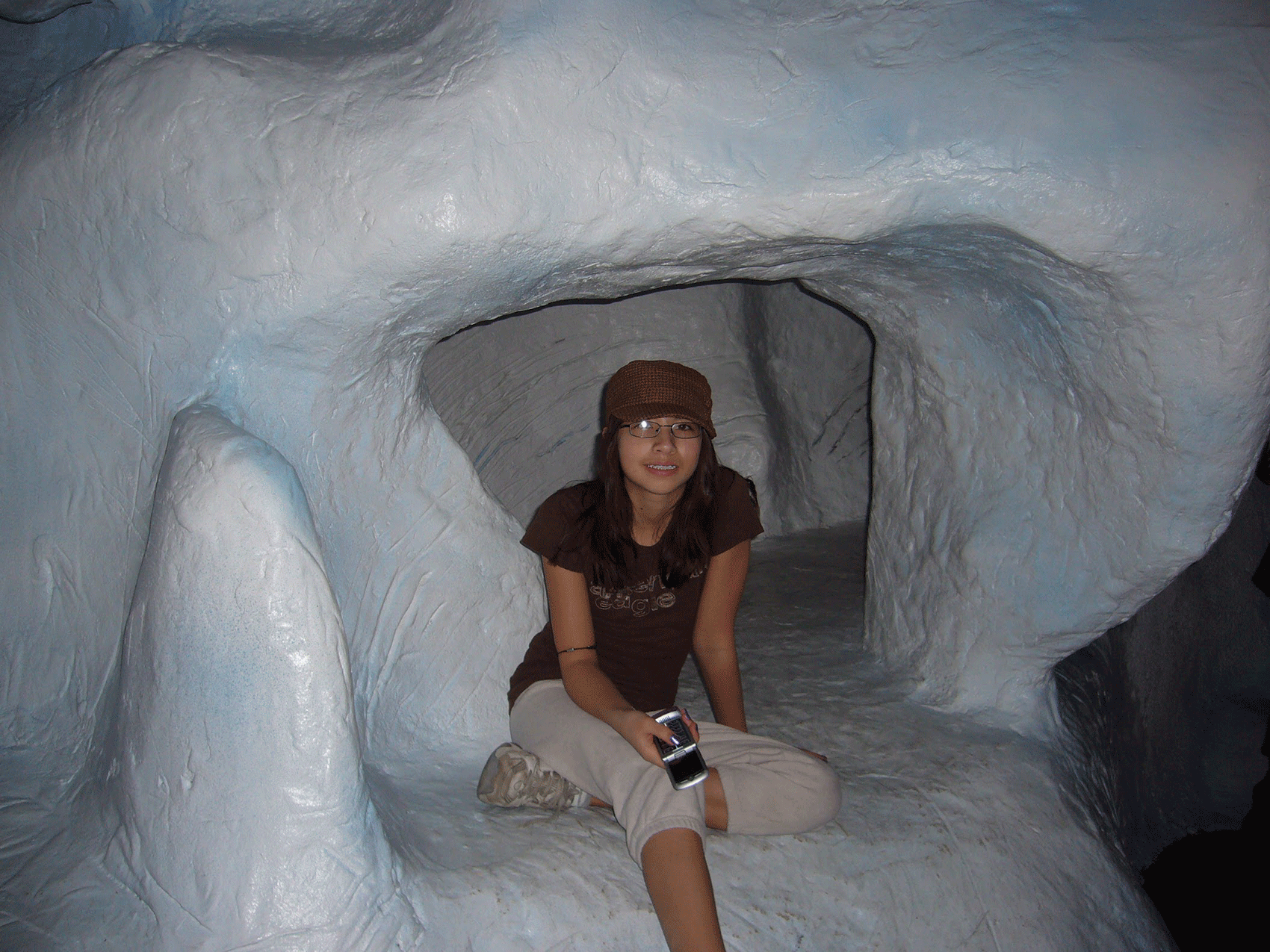
Box of matches, Dubliners Irish Pub, France, ca. 2005
A cigarette burns slowly unattended in the ashtray. From its tip, smoke rises upwards towards the ceiling in thin straight lines and curlicues of bluish-grey, dissipating into the haze that lingers among the dirty knickknacks forgotten on glass shelves behind the bar.
Nicotine-yellow dust settles over everything: the old beer mugs, the bottles of spirits, the espresso machine, the stacks of bills. It clouds even the mirror, where my face is partly visible amid curling photographs that document better days. Celebrations, sessions, after-hours lock-ins when masses of intoxicated bodies struggled to be contained by this narrow space. When someone put an elbow through a window. When another put a boot through a picture frame. In the photos, people are caught, heavy-lidded or forming a phrase, dressed in fashions now long out of date. The face of one bearded, middle-aged man with long white hair stares out from the center of all of them, wearing a bemused smile.
But it’s quiet tonight—dead, even. An unexpected movement at the other end of the bar turns out to be nothing at all: a flashing beer tap reflected in the glass panes of the door, which remains shut. Low lamplight falls on dark green walls plastered with yellowing newspaper articles and postcards from Dublin or Kilkenny or God knows where else. Outside, rain falls heavily. The gurgle and drip of the gutters fill in the few seconds of silence between songs played softly on the jukebox. Every song is The Waterboys, “Fisherman’s Blues”.
“Light in my head. You in my arms.”
A cylinder of ash begins to form at the end of the cigarette. The ashtray it’s perched on is large, squarish, green, made of fire-proof plastic that will never decompose, unlike its owner. This timeless thing rests on a thick oak counter, its varnish long-since worn away by the idle abrasions of thousands of visitors. Those who came here to slake a thirst or to escape; who were looking for someone or waiting for someone. I long to run my hands over its surface and feel underneath my palms the familiar grain of the wood; to seek out nicks and divots I will recognize—fingerholds on the past.
Piled up to the side of the ashtray are a pack of Rothmans cigarettes and a box of matches. A Celtic design is printed on the box: two figures adorned with tattoos in vibrant blue, yellow, and green sit beneath an arch formed by two snakes. One of the figures has a massive beard, while the other is clean-shaven and looks much younger. Limbs intertwined, their cups raised in tribute to each other, they both wear gold and russet plaits that coil around their bodies and stretch to the semi-circular frame.
The bearded one stares out from the illustration while his companion gazes at him intently. Something in the portrayal of the younger man on the right indicates his desperate yearning to be seen. As he looks to his partner, silently he seems to implore him. Recognize me—and in that recognition, please show me who I am. Show me too, how to live as you have lived: as an exile. Witness our shared abandonment. Of our people. Of our homeland. The bearded fellow looks a little embarrassed.
“Light in my head.” A bad headache is the first warning sign, which indicates a build-up of pressure. Bacteria enter the bloodstream and contaminate the brain’s protective membranes, the meninges (thus, meningitis). The infection then causes swelling in the vulnerable parts of the blood-brain barrier and blood pressure drops in the brain, depriving it of oxygen. Cranial nerves go haywire.
The effects are terrible. You wake in the night, alone, panicked and feverish, with no idea what’s happening. You shit yourself. You vomit into your bedclothes. You collapse onto the floor, but lose consciousness before you can call for help. You fall into a coma. When heard from the letterbox of your apartment door, it may sound simply like you are in a deep sleep. It is presumed that you’re merely recovering from another blowout—until the door is kicked in and those who love you rush to your side. “You in my arms.”
Ash on the end of the cigarette grows long and grey, and bends towards the bowl. There it meets assorted rejectamenta: burnt matches, a sweet wrapper, a couple of bottle caps. Their arrangement calls out to be interpreted, to have their significance decoded; any attempt to do so has been in vain, however. They are meaningless or their meaning is beyond understanding: either way there’s nothing to be done.
The cigarette butt falls from the ashtray onto the counter. The espresso machine clicks gently to itself. The cigarette soon ceases to smoulder.

